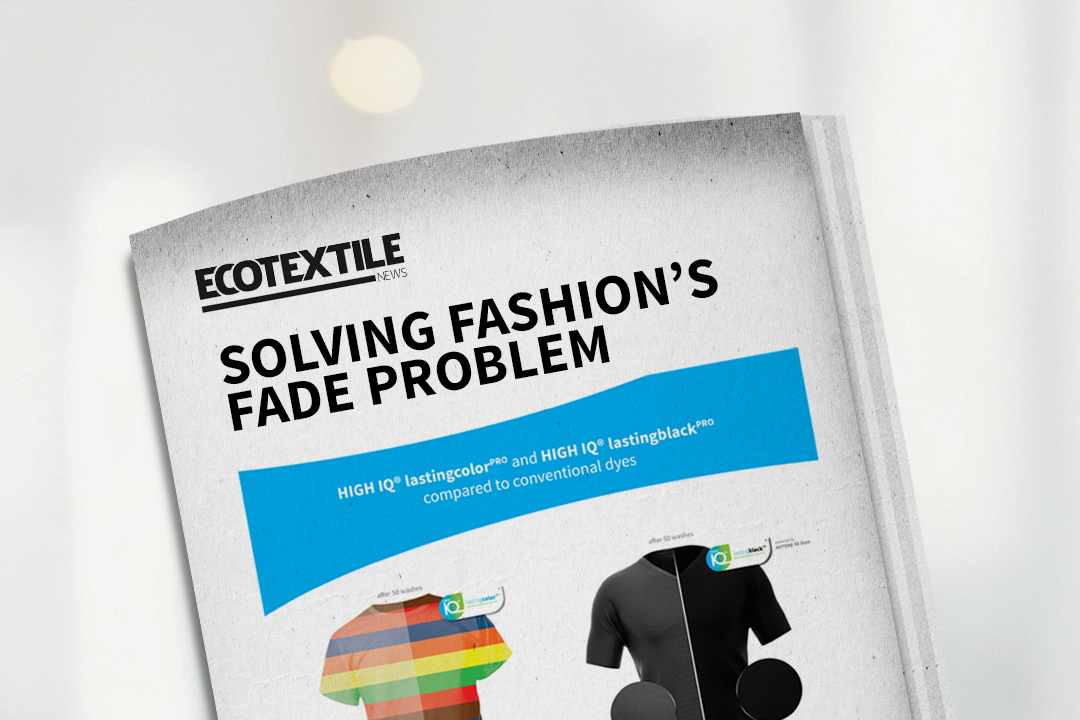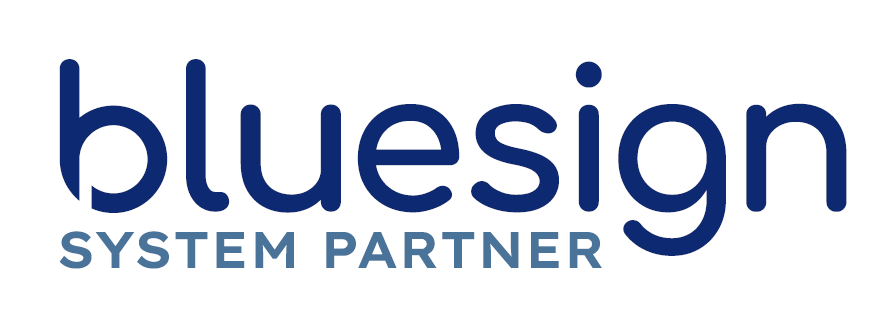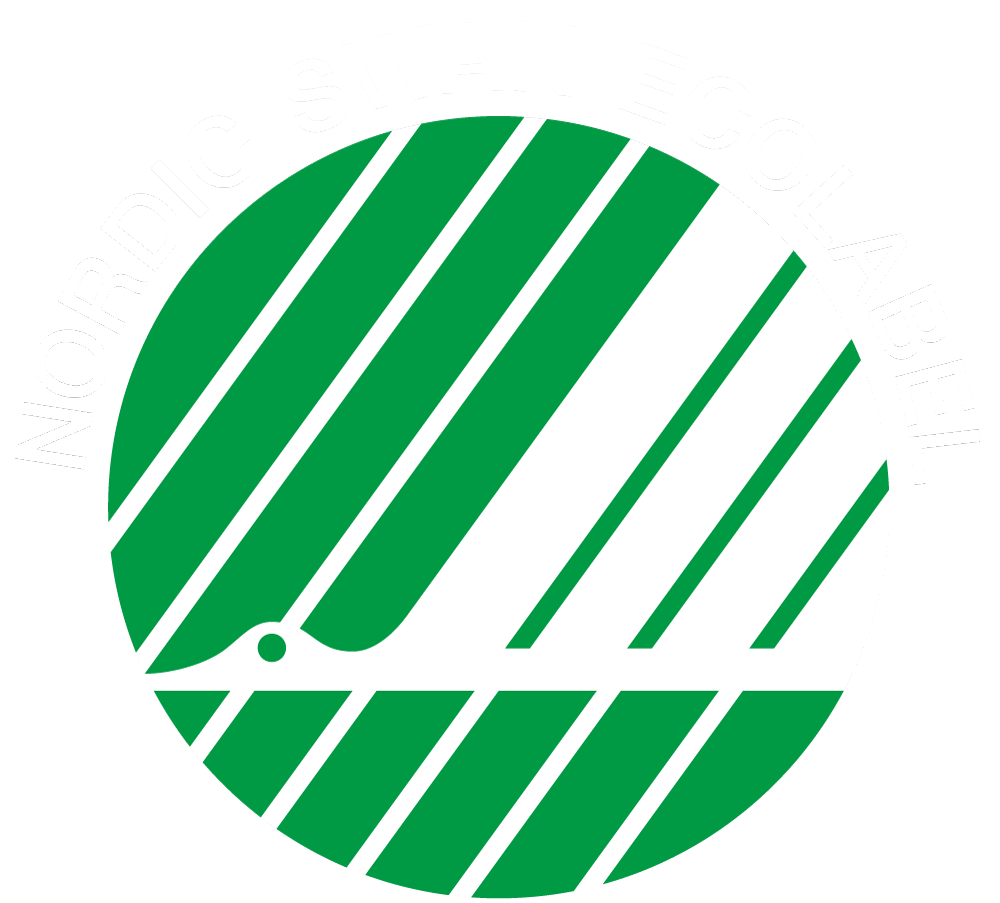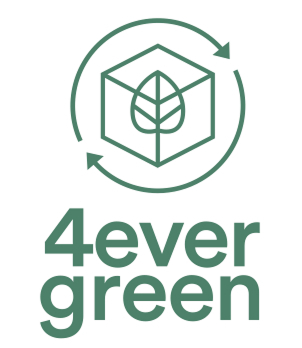Challenging conventions in the denim industry
Optimizing Water Consumption and GHG Emissions
Denim production is notoriously water-intensive and responsible for wastewater pollution in global production locations that are already under water stress. It also generates substantial GHG emissions throughout the supply chain, from carbon-intensive materials to manufacturing, coloration and washing, and consumer use and disposal.
We recently expanded our DIRESUL® RDT range to include DIRESUL® EVOLUTION BLACK LIQ. Based on cutting-edge synthesis technology developed by Archroma, it delivers an overall impact reduction to 57% compared to standard Sulfur Black 1 liquid. [# Ecotarrae lifecycle analysis using the PeCiPe 2016 impact calculation methodology to measure impact on human health, resources, and ecosystems]#
Enhancing Chemical Management
Denim brands are placing greater emphasis on eliminating hazardous chemicals and reduce pollution, further elevating the significance of effective chemical management.
Archroma disrupted the denim industry in 2018 with the introduction of an aniline-free* indigo alternative: DENISOL® PURE INDIGO. With the world’s major clothing brands and retailers increasingly looking to eliminate aniline from their supply chains, many leading mills are now switching to aniline-free DENISOL® PURE.

Embracing Circularity
The denim industry's heavy reliance on fossil fuels, legacy production processes, and global supply chain complexity continue to hamper efforts to move towards greater circularity.
Introduced in 2017, EarthColors® is a range of biosynthetic dyes synthesized from natural waste products from the agriculture and herbal industries; leaving the edible part still available for food consumption. Compared to conventional synthetic dyes, which use petroleum-based raw materials, this technology helps to reduce water footprint and climate impact and protect our natural resources.*[*Below limits of detection according to industry standard test methods ** Based on internal LCA comparative screening]* Upcycling natural waste in this way also has no negative impact on any other steps of dye manufacturing, such as water and energy consumption or waste generation. EarthColors® is transformed into a new dyestuff using up to 100% of raw materials from natural waste, helping us close the loop.
Launched in 2023, FiberColors® is an innovative range of dyes based on a revolutionary technology that turns pre- and post-consumer textile waste into its own beautiful colors. It is synthesized with a minimum of 50% textile-waste raw material. FiberColors® uses cotton, polyamide, and their blends (with more than 95% purity) to substitute a major part of the petroleum-based raw material that is usually used to make dyestuff . This approach allows for either virgin and/or recycled waste to be used, keeping waste from landfills.
The waste raw materials can be any color and does not need to be sorted by color. The FiberColors® range comprises of five dyes, covering a palette of brown, olive, bordeaux, blue and grey shades. It enables the creation of diverse collections, from t-shirts and chinos, to sweatshirts, hoodies, polo shirts, and home textiles—supporting the circular economy.
Throughout this journey, we have remained committed to innovation, sustainability, and resource efficiency. Archroma has advanced our solutions as well as redefined the industry's approach to more sustainable coloration in the denim industry. We remain dedicated to pushing the boundaries of what's possible, striving for a textile industry that is eco-conscious and yet can also fulfill consumer trends of today and tomorrow.

*Source magazine: IMAGES BUSINESS OF FASHION
More News & Stories

Solving Fashion’s Fade Problem
When garments lose their vibrancy after just a few wears or washes, consumers discard them prematurely. This undermines the fashion industry’s sustainability goals and negates brand investments in sustainable materials and production. Read on to find out how Archroma's HIGH IQ assurance program is the new standard for color performance.

Archroma’s Upstream Shift Signals a New Era for High-Contrast Denim Finishing
The fashion industry’s demand for distressed denim often clashes with reliance on potassium permanganate, heavy bleaching, and water-intensive laundering. TexFash spoke with our Denim team to unravel the story and thoughts behind the award-winning DENIM HALO concept. Read on to find out more.

Full Value Chain Collaboration - The Fastest Way to Sustainable Packaging
I recently asked a fellow packaging professional for their take on the industry’s progress towards sustainable packaging. The answer — “It’s rather like building a plane while you’re flying it” — succinctly captures the prevailing combination of complexity and urgency that all players in the value chain are faced with. There’s much to do in a limited time.

Engineered for every active pursuit—and the planet
Rising consumer expectations are pushing mills and brands to adopt new strategies to stay competitive. Durability, comfort and sustainability are now essential, and all must work hand-in-hand. Archroma’s SUPER SYSTEMS+ solutions are designed to meet this new standard.
Archroma are proud members and/or partners with the following organizations

















